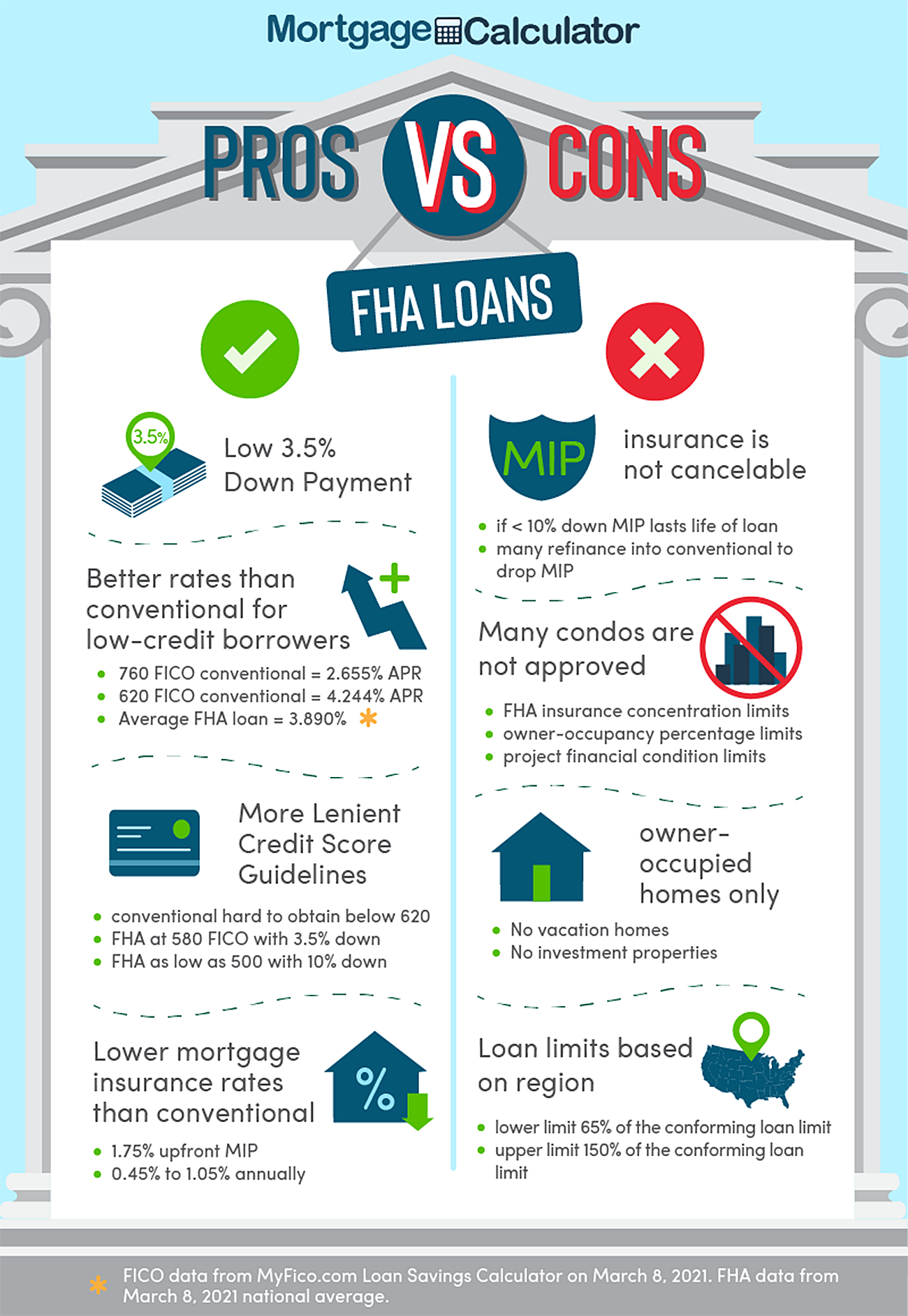FHA Home Loans: Flexible Funding Solutions for Diverse Demands
FHA Home Loans: Flexible Funding Solutions for Diverse Demands
Blog Article
Mortgage Demystified: A Thorough Evaluation of Car Loan Programs Tailored to Fit Your Monetary Situation and Goals
Navigating the landscape of home mortgage commonly offers a complicated challenge, intensified by a myriad of programs made to satisfy diverse monetary needs. Understanding the differences between adjustable-rate and fixed-rate home mortgages, along with government-backed choices like FHA and VA fundings, is important for making notified choices. Each program provides unique advantages customized to specific circumstances, yet the complexity of qualification demands and passion rates can cover quality. As we explore these ins and outs, one have to think about exactly how to align these alternatives with personal economic objectives to open the most helpful path to homeownership.
Comprehending Home Mortgage Essentials
Although several people strive to homeownership, understanding the fundamentals of mortgage is crucial to making notified financial decisions. A home loan, additionally referred to as a home loan, is a monetary item that allows individuals to borrow money to buy actual estate. The customer is needed to pay off the financing amount, together with interest, over a collection period, commonly ranging from 15 to 30 years.
Key parts of home mortgage include the principal, which is the quantity borrowed, and the rate of interest, which identifies the expense of borrowing. Lenders examine different factors, such as credit scores rating, earnings, and debt-to-income ratio, to figure out eligibility and car loan terms. Furthermore, debtors need to recognize the significance of down repayments, which can influence car loan approval and affect regular monthly repayments.
Comprehending funding amortization is likewise essential; this refers to the progressive reduction of the finance equilibrium gradually through regular settlements. By grasping these basic ideas, prospective house owners can navigate the mortgage landscape better, ultimately leading to better monetary outcomes and a more effective home-buying experience.
Kinds Of Home Mortgage Loans
Home mortgage financings can mainly be classified into adjustable-rate and fixed-rate mortgages (ARMs) Fixed-rate home loans offer a constant passion price and month-to-month settlement over the lending's term, supplying stability, usually for 15 to 30 years.
Conversely, ARMs have rate of interest that change based on market conditions, normally starting less than fixed-rate options. Nonetheless, these rates can change regularly, possibly boosting month-to-month settlements gradually. Consumers who expect refinancing or moving prior to substantial price modifications might locate ARMs advantageous.
Furthermore, government-backed finances, such as FHA, VA, and USDA loans, satisfy particular demographics and provide various advantages like reduced down payments and flexible credit score needs. Standard loans, not guaranteed by the federal government, often call for greater credit report but can provide competitive rates for solvent borrowers - FHA home loans. Understanding these loan types makes it possible for possible homeowners to select the home loan that aligns best with their monetary scenario and long-term objectives
Secret Qualification Needs
Browsing the qualification demands for a home mortgage financing is an important action in the home-buying process. Understanding these requirements can considerably enhance your application and boost your chances of authorization.
The main aspects influencing qualification include credit report score, earnings security, debt-to-income (DTI) ratio, work history, and deposit quantity. Most lending institutions need a minimal credit rating of 620 for standard finances, while government-backed car loans may have a lot more lax criteria. A secure earnings, demonstrated through regular employment or self-employment documents, is necessary for lenders to examine your ability to pay off the lending.
The DTI proportion, which contrasts your monthly financial debt payments to your gross monthly investigate this site earnings, generally need read review to not exceed 43%, though some lending institutions may enable greater proportions in specific conditions. Additionally, the size of your deposit can influence qualification; while a larger deposit might improve your chances, specific programs supply choices for minimal deposits.
Finally, lending institutions will certainly review your overall economic account, including offered properties and obligations, to ensure you are financially with the ability of maintaining homeownership. Familiarizing yourself with these key eligibility demands will equip you in the home mortgage application trip.

Rate Of Interest Discussed
Recognizing the ins and outs of rate of interest is essential to making informed decisions in the mortgage procedure. Rates of interest stand for the expense of obtaining cash and are expressed as a portion of the car loan quantity. They can significantly influence your monthly mortgage settlements and the general price of your home funding.
Rate of interest can be categorized into fixed and adjustable prices. Repaired prices remain continuous throughout the lending term, giving predictability in regular monthly settlements. Conversely, flexible rates rise and fall based on market conditions, which can bring about lower preliminary settlements but might increase gradually.
Several variables influence rates of interest, including the customer's credit rating rating, lending term, and prevailing financial problems. Lenders assess these aspects to determine the risk linked with providing to a certain consumer. Generally, a higher credit history can bring about lower interest rates, while longer car loan terms may cause higher rates.
Furthermore, broader economic indicators, such as inflation and monetary policy, play a crucial duty fit rate of interest. Comprehending these aspects permits borrowers to better navigate the browse around here loaning landscape and choose alternatives that straighten with their monetary objectives.
Selecting the Right Funding Program
Picking the suitable lending program is critical for debtors intending to optimize their funding choices. With numerous car loan kinds readily available, including fixed-rate, adjustable-rate, FHA, and VA financings, comprehending the subtleties of each can significantly affect lasting economic health.
Customers must initially assess their financial circumstance, including credit history, earnings security, and debt-to-income proportions (FHA home loans). A fixed-rate home mortgage offers predictability with consistent regular monthly repayments, suitable for those intending to remain in their homes long-term. On the other hand, adjustable-rate mortgages may offer lower preliminary prices, interesting customers that anticipate moving within a few years
Furthermore, government-backed financings such as FHA and VA options can be useful for novice property buyers or professionals, as they typically need lower down repayments and have much more forgiving credit history needs.

Final Thought
In final thought, navigating the complexities of home finances needs a detailed understanding of different home mortgage programs and their one-of-a-kind attributes. By reviewing specific economic situations and goals, prospective borrowers can make informed choices pertaining to the most suitable funding choices.
Fixed-rate home loans provide a consistent interest rate and monthly repayment over the funding's term, giving security, commonly for 15 to 30 years.Furthermore, government-backed financings, such as FHA, VA, and USDA lendings, provide to details demographics and provide different benefits like lower down settlements and adaptable credit rating requirements. Most loan providers call for a minimal credit report rating of 620 for conventional financings, while government-backed fundings might have more lenient criteria. Repaired prices stay constant throughout the funding term, providing predictability in month-to-month payments. Usually, a higher credit scores score can lead to lower passion rates, while longer financing terms may result in greater rates.
Report this page